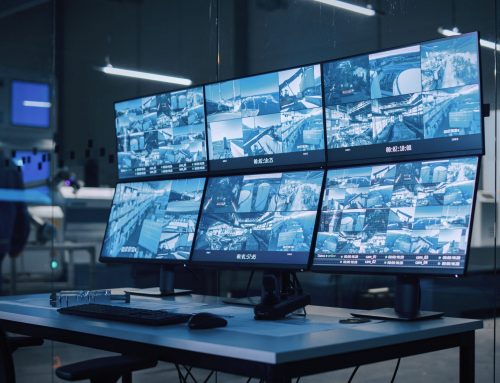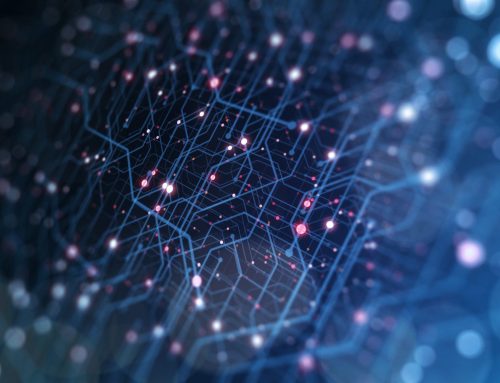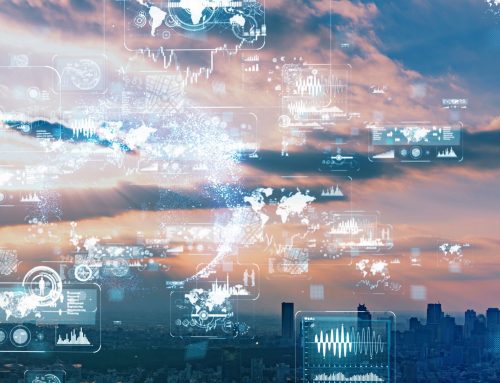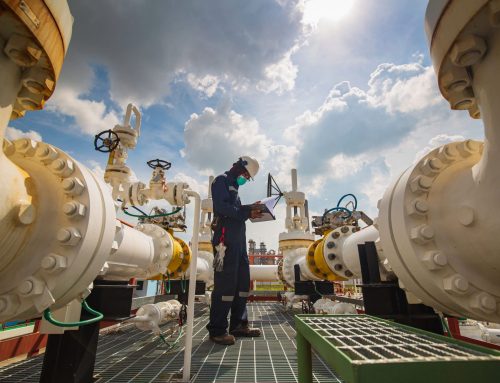No longer limited to just computers, tablets and smartphones, the Internet of Things (IoT) has steadily been gaining traction across various industries. Amongst other sectors, remotely controlled applications are helping to automate solutions and solve numerous problems for health, energy, automotive and retail.
In 2009, there were less than a billion IoT devices. Ten years later, in 2019, humbler estimates suggest the number of connected devices exceeds 25 billion. And although ambitious, some estimations indicate this figure will grow to a staggering 50 billion in 2020.
We take a look at how IoT will develop in a range of different areas over the coming year… 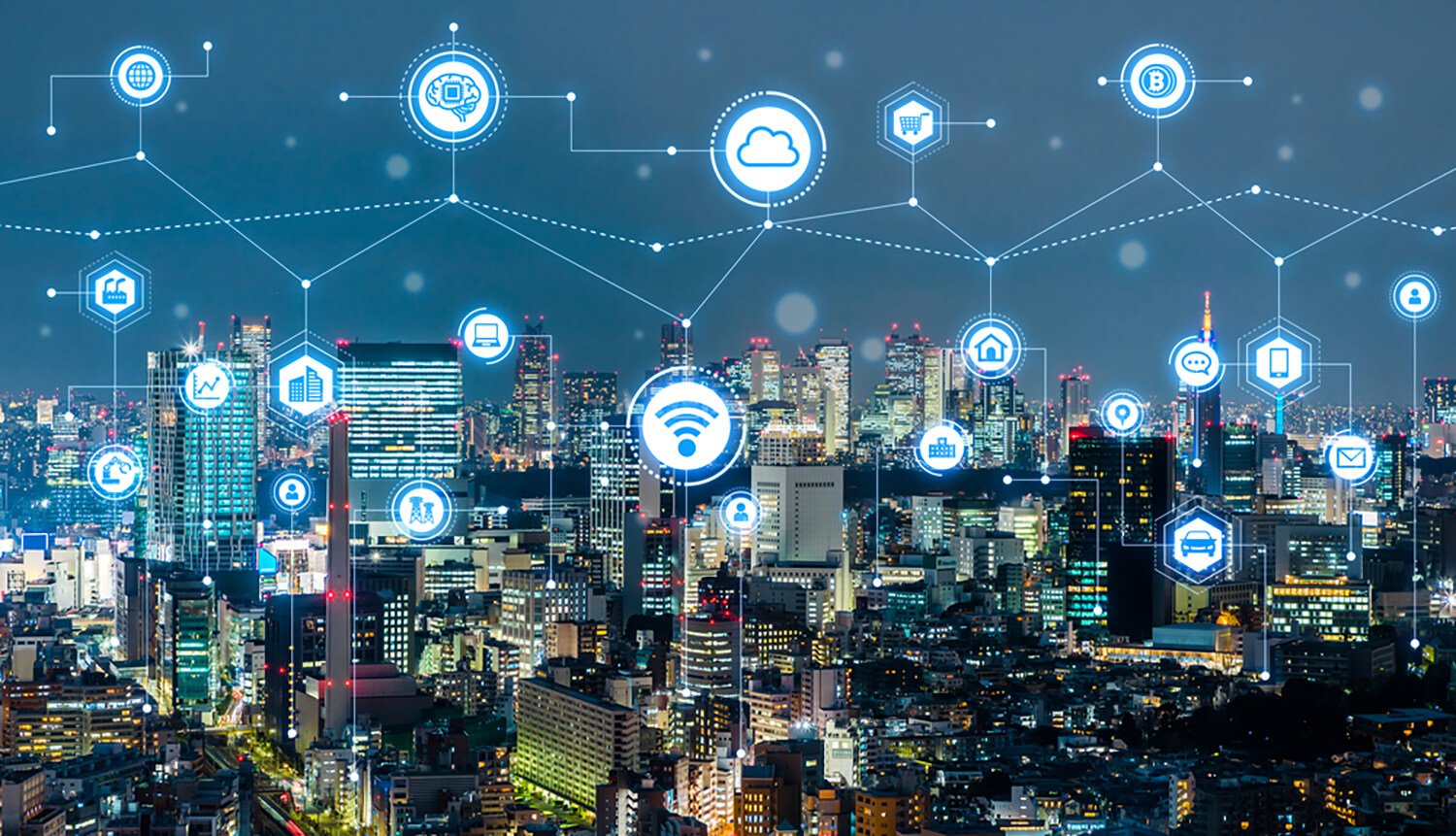
Automotive
The dawn of the 5G era is likely to have a substantial impact on IoT-based applications — improving connectivity speeds across multiple devices. To date, 5G technology has mostly been reserved for the telecoms industry; in 2020, we will see 5G shift gear as it makes a sharp turn into the automotive industry.
Features like car system monitoring and smart driving assistance have been around for a while. However, faster networks will help to improve the gathering, analysis and management of data — essential for the development of autonomous vehicles, which will become increasingly common on the roads over the next few years.
Agriculture
One of the industries that will benefit hugely from IoT in 2020 is agriculture. Internet-connected sensor applications such as smart weather stations and crop management devices will enable farmers to gather useful data on weather conditions and soil quality, as well as about their animals, farm resources and crop growth progress.
This data will then give farmers greater control over production — enabling them to automate processes, maximise efficiency, reduce waste, manage costs effectively and, ultimately, to improve crop quality.
Energy
The energy sector has already experienced significant benefits from IoT technologies. Thanks to remote monitors and sensors, utility companies can now oversee consumption and production more easily — helping to give a better overview of the entire power grid and improve efficiency.
In 2020, there will be a big push for renewable energy as we start to see the likes of internet-connected solar panels become more popular than their unconnected counterparts.
Logistics and supply
The forecast for IoT applications in 2020 shows excellent progress when it comes to business supply chains. Current tracking methods mean only entire groups of products can be tracked; however, new internet-connected developments in this area will allow the tracking of individual products. This includes tracking information such as expiration dates and proper conditions for storing certain products.
As such, organisations will be able to dramatically improve their supply chains — which, in turn, will enable them to offer a higher level of service to their customers.
Retail
It’s not just the supply chain that’s being improved by IoT developments. Online and in-store, the retail sector is also increasingly starting to harness these technologies to personalise the shopping experience.
Next year, consumers can expect to get notifications on their smartphones, which promote discounts on frequently bought products from their favourite shops. Virtual store maps will then help customers shop, leading them to the exact products they desire.
Health
The health industry was one of the early adopters of IoT technology. But as the NHS continues to buckle under enormous pressure, connected smart devices will become crucial in supporting a range of health services.
Wearable medical devices are already sending data from insulin pumps, pacemakers and similar devices to healthcare professionals remotely — helping to improve the quality of patient care and reducing the strain on the wider healthcare system. In 2020, we will see these internet-connected devices go one step further as they help patients to perform essential functions such as walking or maintaining balance.
Home maintenance
Certain categories of IoT products have already become extremely popular with consumers — namely, smart home technologies such as door locks, thermostats and plugs. However, next year, these technologies will become increasingly vital in preventing home maintenance disasters by informing owners about appliance failures, plumbing leaks or electrical issues.
Previously seen in the likes of factories, planes and cars, connected sensors will enable operators to take action immediately if a problem is flagged, and we will soon see companies start to offer “homecare-as-a-service”.
Infrastructure
On a broader scale, smart cities will no longer be a futuristic pipe dream. Courtesy of the data collected through all the above IoT devices, local authorities will be able to deliver innovations in transport and traffic management crime prevention, sustainable development and utilities — all whilst saving time, money and other resources.
Meanwhile, citizens will be able to enjoy more comfortable and hassle-free lives thanks to significantly improved amenities.
None of the current IoT technologies or upcoming developments would be possible without electronics. To find out more about EC Electronics’ services and how we can help bring your next IoT project to life, get in contact today.

